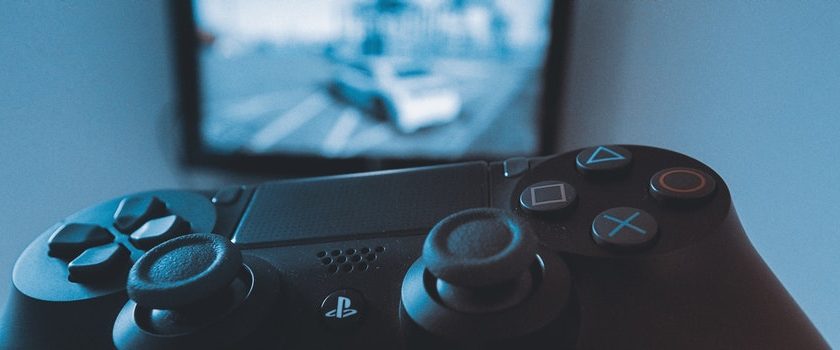Blog
Children altering their sleeping patterns to play games online in different time-zone. This article, written by Lynne Kelleher, appeared in the Sunday Independent.ie on 17/02/2019.
Psychiatrists are treating teenagers for gaming addiction including some who are adjusting their body clocks to play against people in different time-zones.
The World Health Organisation (WHO) said last year that digital games can be addictive and those addicted to them need help. In extreme cases, they can be locked into a virtual world for 12-15 hours a day.
Consultant in child and adolescent psychiatry Dr Gerry McCarney said he had started to see a handful of Irish cases of teenagers with what the WHO classed as “gaming disorder”.
“The bottom line is, you are seeing people engaging in a behaviour past the point where it becomes a problem and it is causing difficulties in their lives, and they are unable stop, despite ongoing harm,” he said.
Dr McCarney, who is also chair of the Faculty of Child and Adolescent Psychiatry at the College of Psychiatrists of Ireland, said a special interest group had been set up to examine the effects of the internet on the psychological development of Irish children.
The group will eventually be tasked with assessing gaming addictions here and drawing comparisons with work in other countries.
He said parents should watch out for signs and changes in their teenagers if they are spending excessive time on online gaming.
But he did caution against over-medicalising the use of the internet.
He said cases of children getting up in the middle of the night to play games was a cause for concern. “They are setting their alarms to fit in with other time zones because (with) many of these games, the base may be in the US or in Asia,” he said.
“Sleep is very important in terms of releasing hormones to help you grow.
“It can impact on lots of areas for a young person growing up, emotional life, capacity to engage in education, capacity to interact with other people.
“There are people who will play games from time to time but won’t let it take over their life, but there will be a minority for which it will become a problem.”
Dr McCarney said parents should monitor the internet use of young teenagers.
“I know there is the whole aspect of the young person’s confidentiality, but it is about getting the balance right so you can them keep them safe and so they are not left being vulnerable,” he said.
“It’s a conversation that needs to happen about how you’re using the internet, just as we would ask a person to speak to children about alcohol and drugs.”

